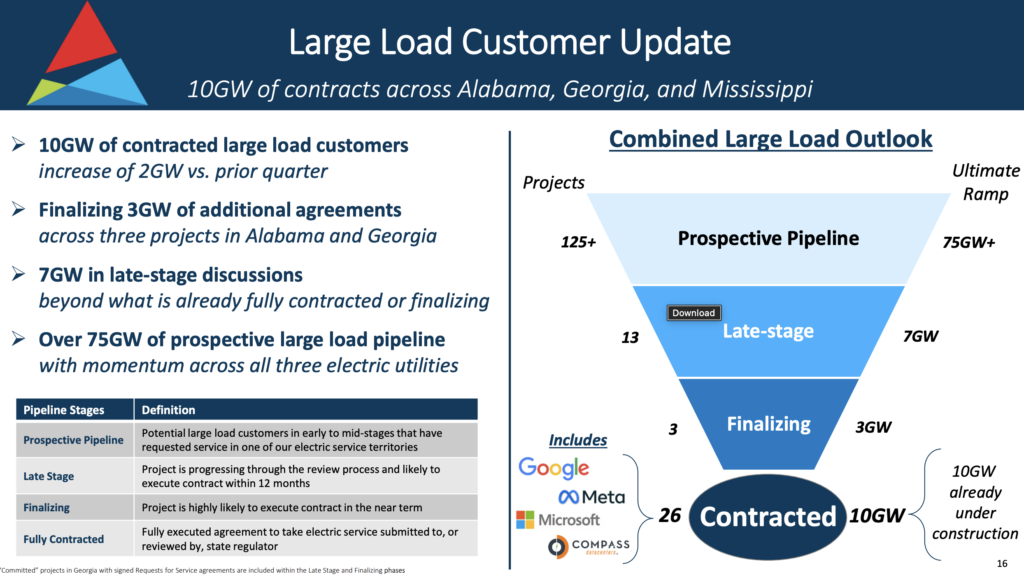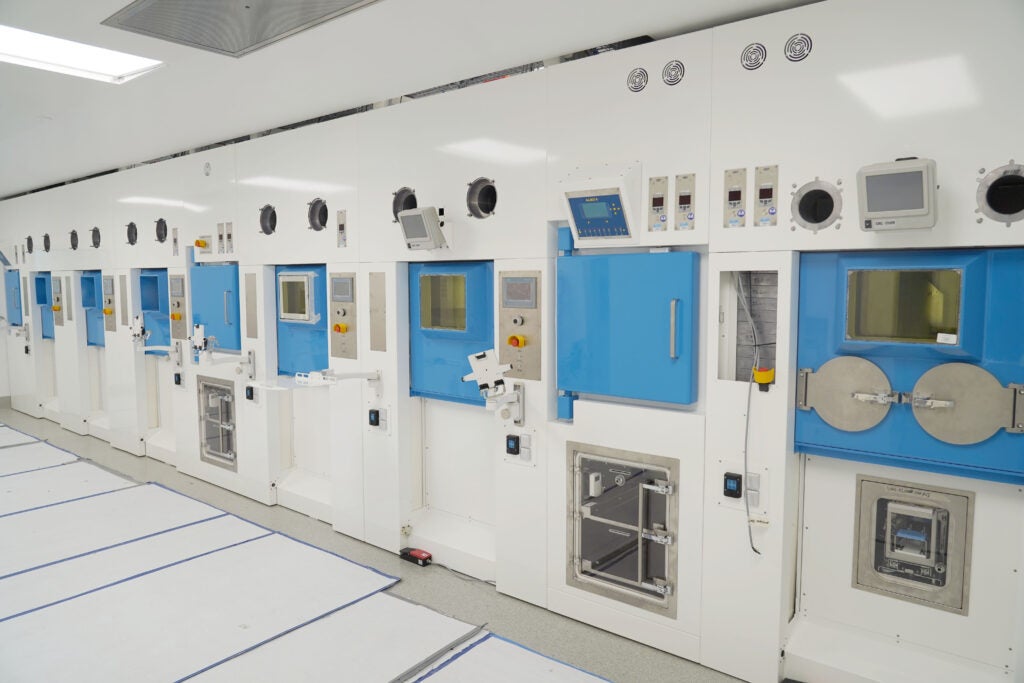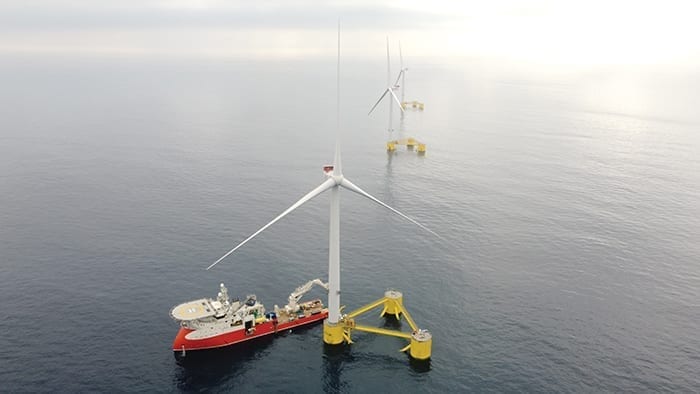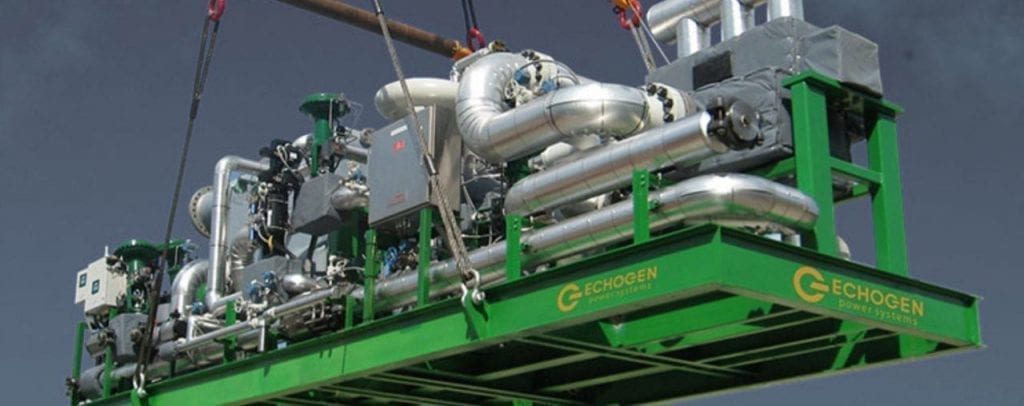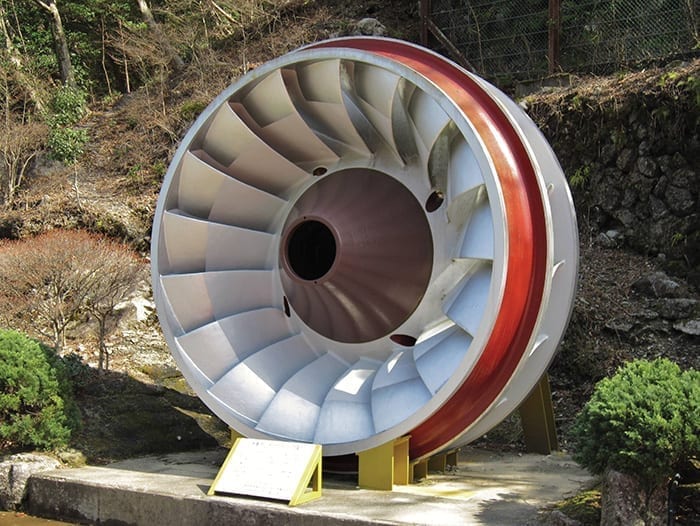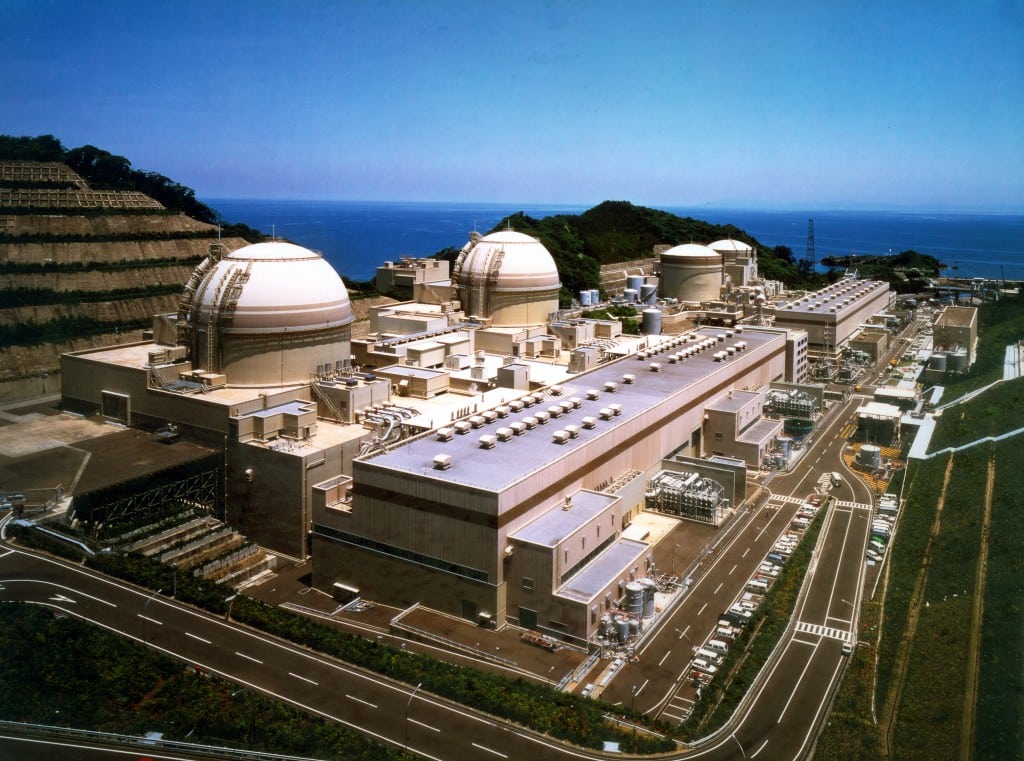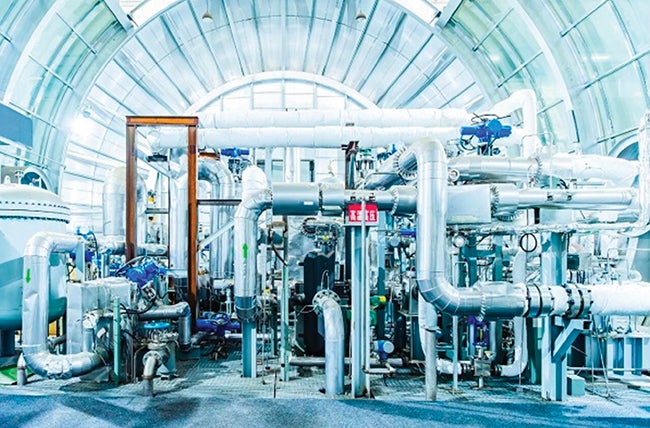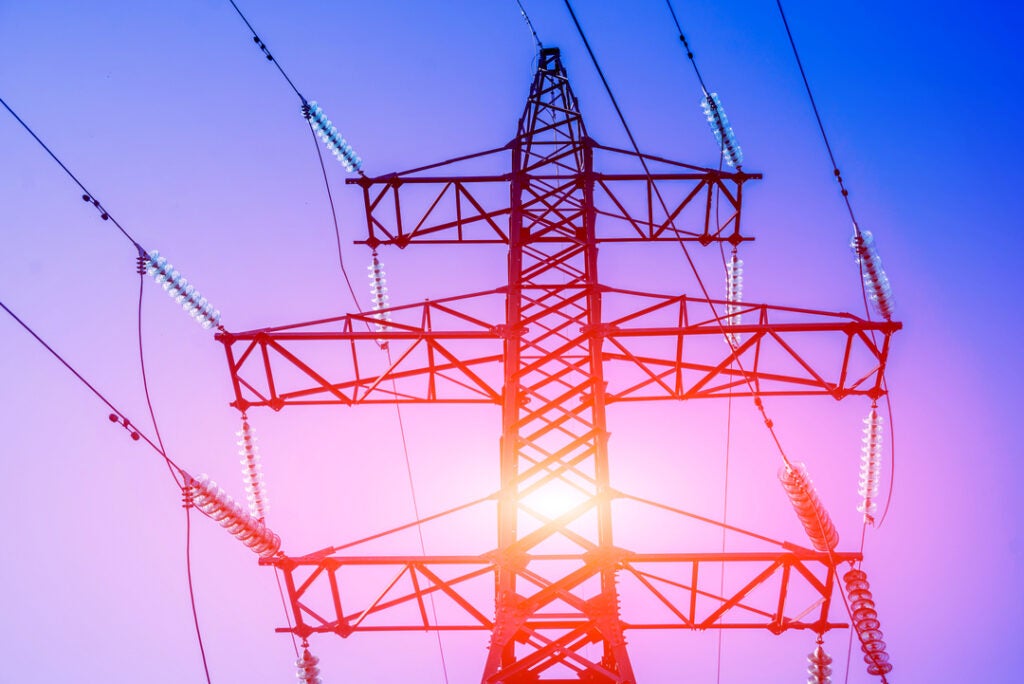A federation of Japanese power companies last week reportedly asked member companies to “rethink plans” to power the country’s nuclear plants with mixed oxide (MOX) fuel because many plants are unlikely to launch plutonium generation within the next three years, as expected.
The Japan Atomic Energy Commission also called for a reexamination of the plan, The Japan Times reported on Friday. The move, initiated by the Federation of Electric Power Companies of Japan (FEPC), could affect the nation’s future nuclear plans, the newspaper said.
Today, 53 reactors provide some 30% of Japan’s electricity. This capacity is expected to increase to at least 40% by 2017. A crucial part of Japan’s nuclear policy is to establish a closed nuclear fuel cycle with the irradiation of MOX—nuclear fuel made of reprocessed plutonium and uranium—in conventional light water reactors, including pressurized and boiling water types. In Japan, this process is referred to as “Pluthermal”—a portmanteau of the words “plutonium” and “thermal.”
The nuclear policy calls for Japan’s power companies to progressively set up 16 to 18 plutonium-based thermal power generating facilities by the end of fiscal year 2010, which ends in March 2011. But only three will be ready by then, the newspaper reported. Kyushu Electric Power Co.’s Genkai plant is expected to launch plutonium generation by November. Shikoku Electric Power Co.’s Ikata plant would follow in January, and the Hamaoka plant run by the Chubu Electric Power Co. is expected to be ready by summer 2010.
According to the FEPC, this is because discussions are still under way between nuclear plant operators, local governments, and citizens. “Nevertheless, as mentioned at the outset, Japan, scarce in energy resources, is continuing its policy of establishing a nuclear fuel cycle,” it said on its website. “MOX utilization, therefore, remains a crucial part of completing the fuel cycle.”
Late last month, Japan received a MOX shipment from French nuclear firm AREVA. It was the third shipment from Europe, following one in 1999 and another in 2001. Japanese media report that these shipments—for Tokyo Electric Power Co. and Kansai Electric Power Co.—remain unused however, due partly to “data falsification” of the transported fuel.
The FEPC said Japan is looking to put its domestic nuclear fuel cycle on a “firmer footing,” pointing out that the Iyasakatai reprocessing plant in Rokkasho-mura (in the northern Aomori prefecture) is due to start commercial operation later this year. Japan Nuclear Fuel Ltd., which owns that plant, also has plans to build and begin operation of a MOX reprocessing plant by 2012.
Sources: FEPC, The Japan Times, IEEE Spectrum


